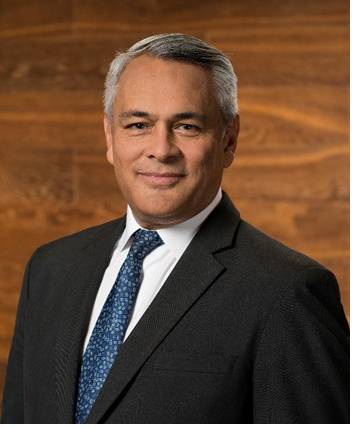Credit Suisse, a Switzerland-based investment bank and financial services firm, issued an analysis of long-term global trends that can lead to advantageous business and investment opportunities, such as ageing populations, infrastructure and technology.

In its publication, the bank recognised six long-term equity "super-trends", comprising infrastructure, technology, anxious societies, silver economy, millennial values, and climate change.
Nannette Hechler-Fayd'Herbe, global head of economics and research at Credit Suisse, said companies that are able to respond to these trends will become compelling investment opportunities.
She said the US and some nations in Europe and Asia are investing more in infrastructure projects.
China recently announced a US$2.3 trillion infrastructure package for roads, rails, factories and industrial parks, among other segments. This is in addition to the $1.4 trillion package for digital infrastructure from 2020.
Technology such as digitalisation, virtual reality and artificial intelligence is another growing trend. Technology stocks have had high growth rates during the pandemic. Though they are unlikely to maintain this level of growth, catalysts such as the metaverse will continue to attract investment, said the report.
Anxious societies concerns the trends of poverty, lack of basic necessities and social inequality. Companies that are able to answer these concerns will take advantage of this growing anxiety, said Ms Hechler-Fayd'Herbe.
The world's senior population is projected to double to more than 2 billion in 2050, meaning the silver economy trend will create demand for solutions in healthcare, senior consumer choices and nursing home facilities, said the report.
Millennial values refers to younger generations' spending patterns that lean towards digital environments, health, leisure and sustainability. These patterns will become more significant in the future, according to the report.
John Woods, chief investment officer at Credit Suisse Asia Pacific, emphasises that this trend is most noticeable in the Chinese market, which has 400 million millennials.
The age group shares similar behaviours, placing value on digitalisation and green practices, but also on domestic brands and high-quality products, he said.
The final trend, climate change, is reinforced by higher energy prices becoming a catalyst to decrease dependence on fossil fuels.
Calls are growing for better electricity efficiency, a green energy transition, sustainable transport, and agriculture with less greenhouse gas emissions.
Mr Woods said China's pledge to reach carbon neutrality by 2060 represents investment opportunities for sustainable practices.
He said China is the biggest market for electric vehicles, accounting for 40% of worldwide sales, while the total installed capacity for solar energy in the country will grow by 28% annually until 2025.







